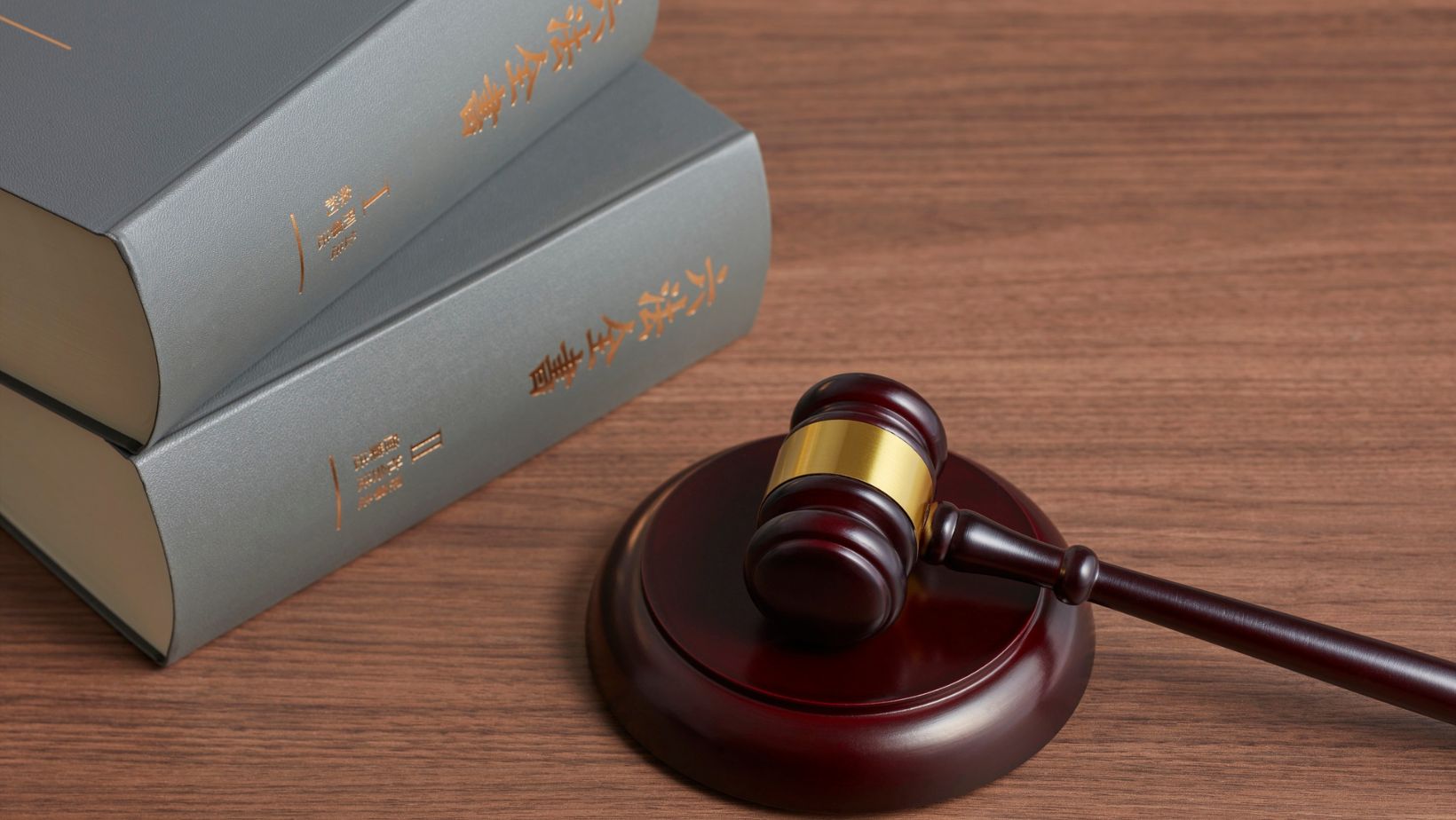
Introduction
GLP-1 receptor agonists—like Ozempic, Wegovy, and Mounjaro—have surged in popularity as potent weight-loss and diabetes management drugs. Praised for their effectiveness, these medications have also come under fire as reports of severe side effects continue to mount. Lawsuits across the country now allege that manufacturers failed to adequately warn patients of risks ranging from gastrointestinal complications to life-altering conditions such as pancreatitis and intestinal blockages.
As these cases grow in size and complexity, federal lawyers are increasingly at the center of the battle. Their expertise in mass torts, federal regulations, and cross-state litigation makes them essential to navigating this evolving legal landscape.
Why GLP-1 Drugs Are Facing Lawsuits
The lawsuits claim that pharmaceutical companies prioritized aggressive marketing and record-breaking profits over transparent communication about risks. Plaintiffs argue that drugmakers minimized or ignored data suggesting harmful side effects, leaving patients uninformed and vulnerable.
Sarah N. Westcot, Managing Partner at Bursor & Fisher, P.A., stresses: “GLP-1 litigation isn’t simply about pointing fingers at pharmaceutical companies—it’s about shining a light on the information that patients were never given. People have the right to know all the potential risks before they agree to take a drug that affects their health and quality of life. When companies downplay or conceal side effects, they take away that choice. Litigation forces transparency, compels accountability, and ensures patients finally get the answers they should have had from the beginning.”
Her perspective underscores the growing demand for corporate transparency in healthcare.
Why Federal Lawyers Are Essential
Unlike smaller, local injury claims, pharmaceutical lawsuits typically involve thousands of plaintiffs from multiple states. This cross-border nature almost always places them under federal jurisdiction. Federal lawyers are trained to handle complex multidistrict litigation (MDL), where cases are consolidated to streamline proceedings.
Dr. Nick Oberheiden, Founder at Oberheiden P.C., explains: “Federal litigation requires specialized knowledge of both the law and regulatory frameworks. In mass torts like GLP-1 lawsuits, federal lawyers bring the expertise needed to navigate overlapping jurisdictions, federal agencies, and corporate defense strategies.”
Their role ensures consistency across cases and provides plaintiffs with a more level playing field against powerful pharmaceutical companies.
The Role of Marketing and Consumer Trust
One reason GLP-1 drugs became so widespread so quickly was their heavy promotion. Celebrity endorsements, influencer campaigns, and glossy advertisements portrayed them as safe, lifestyle-friendly solutions for weight loss. This marketing strategy left little room for risk disclosures—fueling the legal arguments now being made against manufacturers.
Gerrid Smith, Chief Marketing Officer at Joy Organics, highlights: “Trust in health products is fragile. When companies overpromise and underdeliver on safety, consumers lose confidence—not just in one brand, but in the entire industry.”
This erosion of consumer trust demonstrates why accountability through litigation is so critical.
The Bigger Picture: Accountability and Public Health
Beyond individual settlements, GLP-1 lawsuits may set precedents that reshape the pharmaceutical industry. Large-scale litigation often leads to stricter FDA requirements, stronger warning labels, and more cautious marketing strategies. For patients, these outcomes mean greater protection in the future.
Federal lawyers play a pivotal role in ensuring these cases do more than compensate victims—they create lasting change in how companies operate.
Conclusion
GLP-1 drug lawsuits highlight the tension between innovation and accountability in modern medicine. While these drugs provide life-changing benefits for many, the growing body of litigation underscores the risks of prioritizing profits over transparency.
As Sarah N. Westcot emphasized, lawsuits are about accountability, not just compensation. Dr. Nick Oberheiden made clear that federal lawyers are indispensable in navigating mass torts and regulatory complexities. And Gerrid Smith reminded us that consumer trust is the foundation of the wellness and pharmaceutical industries.
The message is clear: in the battle over GLP-1 drugs, federal lawyers aren’t just litigators—they are guardians of public trust, safety, and accountability.




